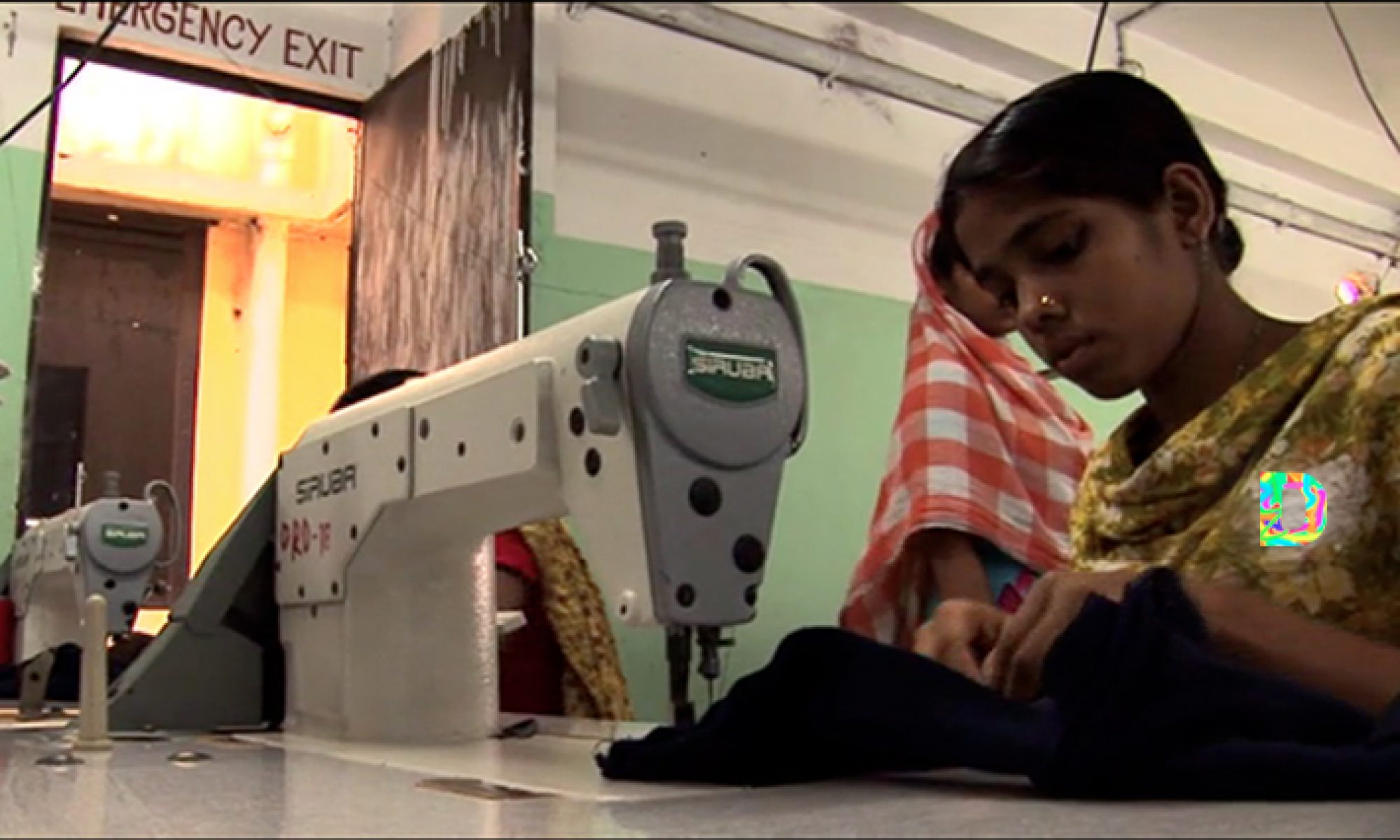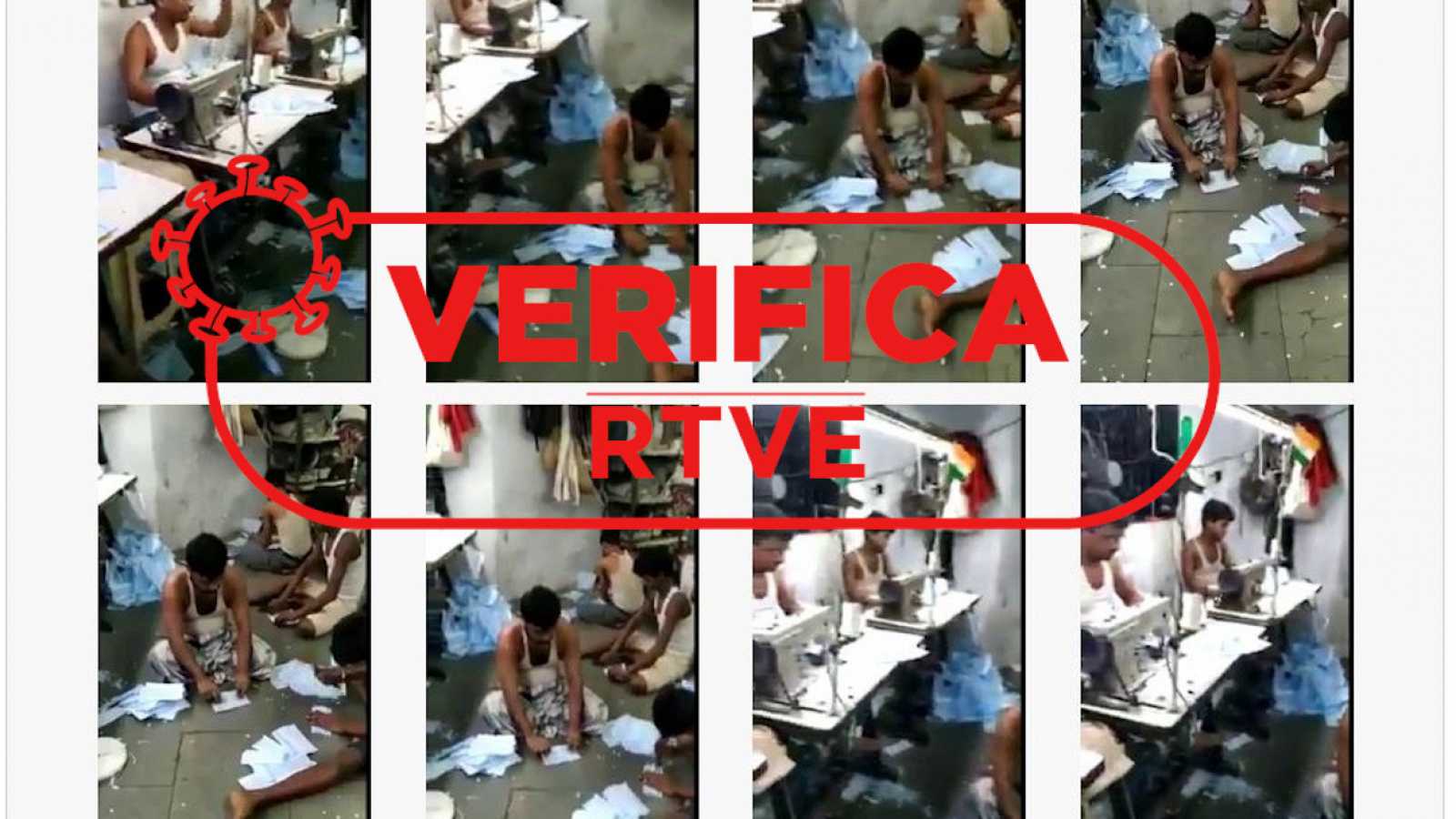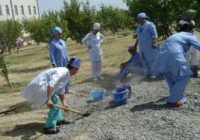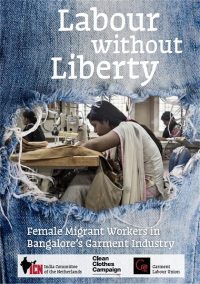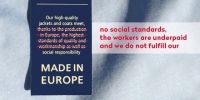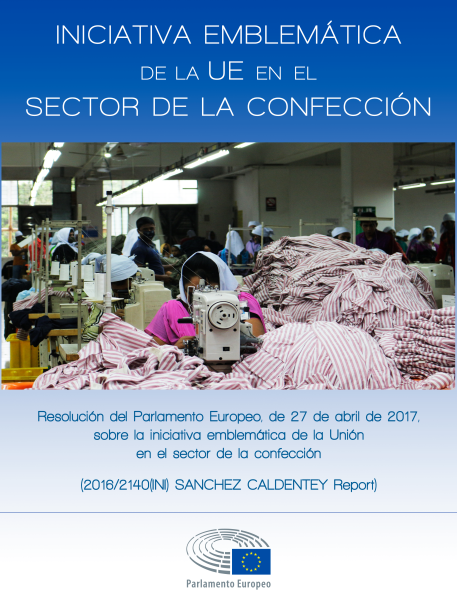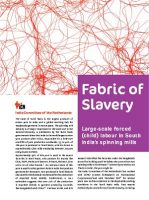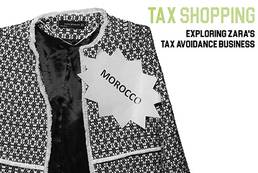Inditex, inescrupulosa máquina de generar pingües beneficios a bajo coste de prestigio, gracias a un ingenioso trabajo de lavado de imagen. Experta en evadir impuestos a cambio de gestos caritativos, su modelo es paradigma del selecto grupo de grandes fortunas españolas.
Durante la crisis del covid-19, mientras gran parte de las clases trabajadoras perdíamos nuestros empleos, sufrimos una merma de nuestro salario o tuvimos que echar el cierre a pequeños negocios que a duras penas nos dan para subsistir, una de las multinacionales con más beneficios del mundo anunciaba expedientes de regulación temporal de empleo y pérdidas de ganancia que en los volúmenes que maneja resultan insignificantes. Se nos pedía un esfuerzo, se nos decía que afectaba a todos por igual, pero unos veíamos imposible llegar a pagar las facturas del alquiler, la hipoteca, la luz y el agua, mientras otros eran aplaudidos por traer unas mascarillas que les negaban a sus trabajadores (los delegados del sindicato CIG, denunciaban que los trabajadores del centro logístico de Zara trabajaban sin equipos de protección mientras Jevaso, la empresa que se encargó de la logística por orden de Alfonso Rueda, vicepresidente de la Xunta, era denunciada por la Central Unitaria de Traballadoras-Cut a inspección de trabajo, por la misma causa).
